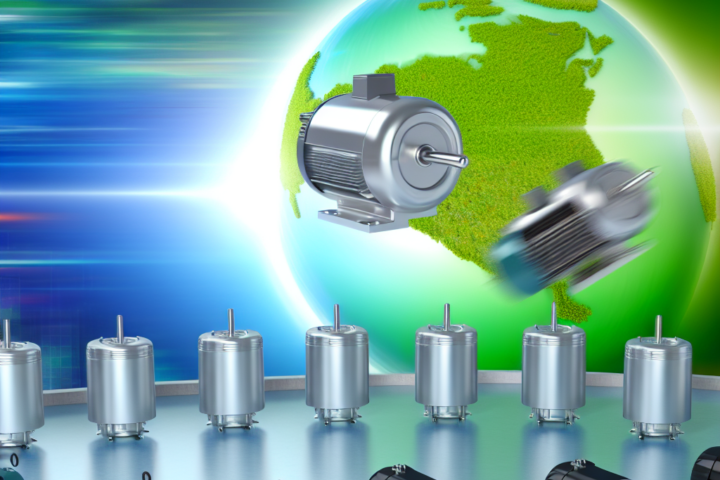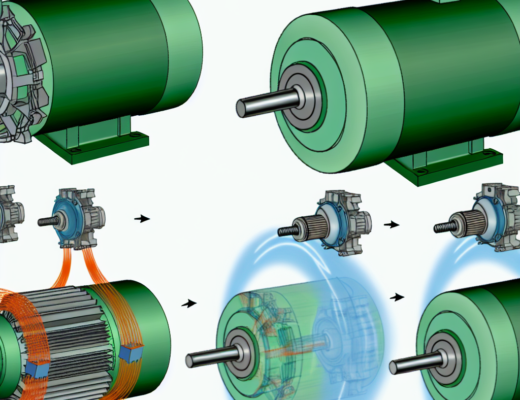Electric motors are pivotal in transforming electrical energy into mechanical energy, playing a central role in powering everything from household appliances to large industrial machines. The adoption of these motors is critical as industries aim to enhance efficiency and reduce environmental impact. This shift is particularly evident in sectors like automotive, where electric motors are integral to the operations of electric vehicles, greatly contributing to the reduction of carbon emissions and fossil fuel dependence.
Technological Breakthroughs in Electric Motors
Innovation within electric motor technology has been accelerating, driven by the need for more efficient and compact solutions across various applications. Recent advancements include the development of highly efficient brushless DC motors, which offer superior performance with greater energy savings. These improvements not only enhance the functionality of electric motors but also extend their lifespan, further diminishing the ecological footprint of industries that deploy them.
Extensive research and development efforts by companies like VYBO Electric have led to more sustainable and powerful motor designs, meeting today’s demands for sustainability and performance. The incorporation of advanced materials and new engineering techniques enables these motors to operate under more demanding conditions while maintaining high efficiency and reliability. This progress is crucial for critical applications such as renewable energy generation and robotics, where the durability and efficiency of electric motors are paramount.
Looking ahead, the future of electric motors seems bright with ongoing innovations aimed at optimizing energy consumption and enhancing performance. The continuous refinement of this technology supports not only current industrial needs but also paves the way for new opportunities across various sectors, pushing the boundaries of what electric motors can achieve.




